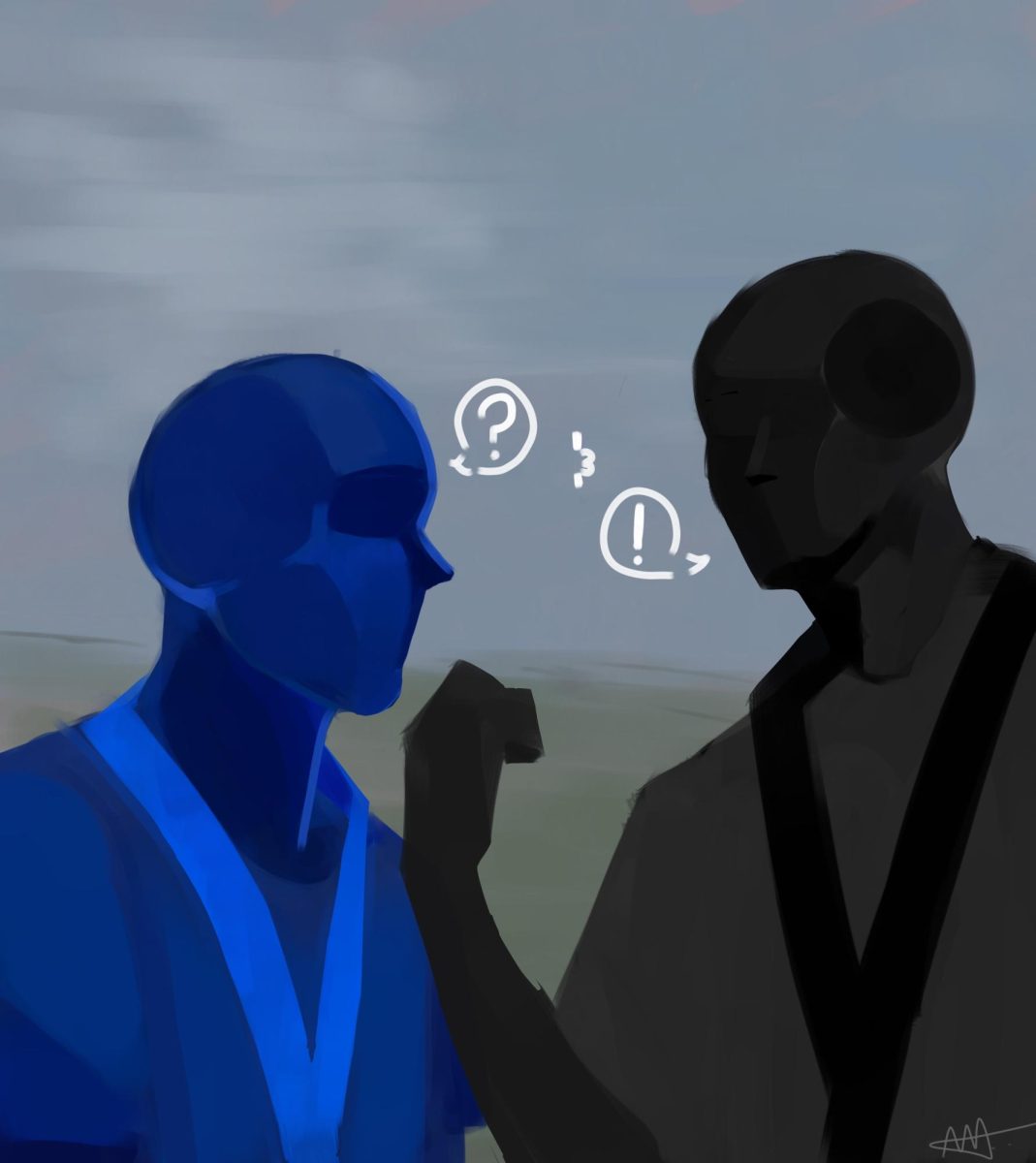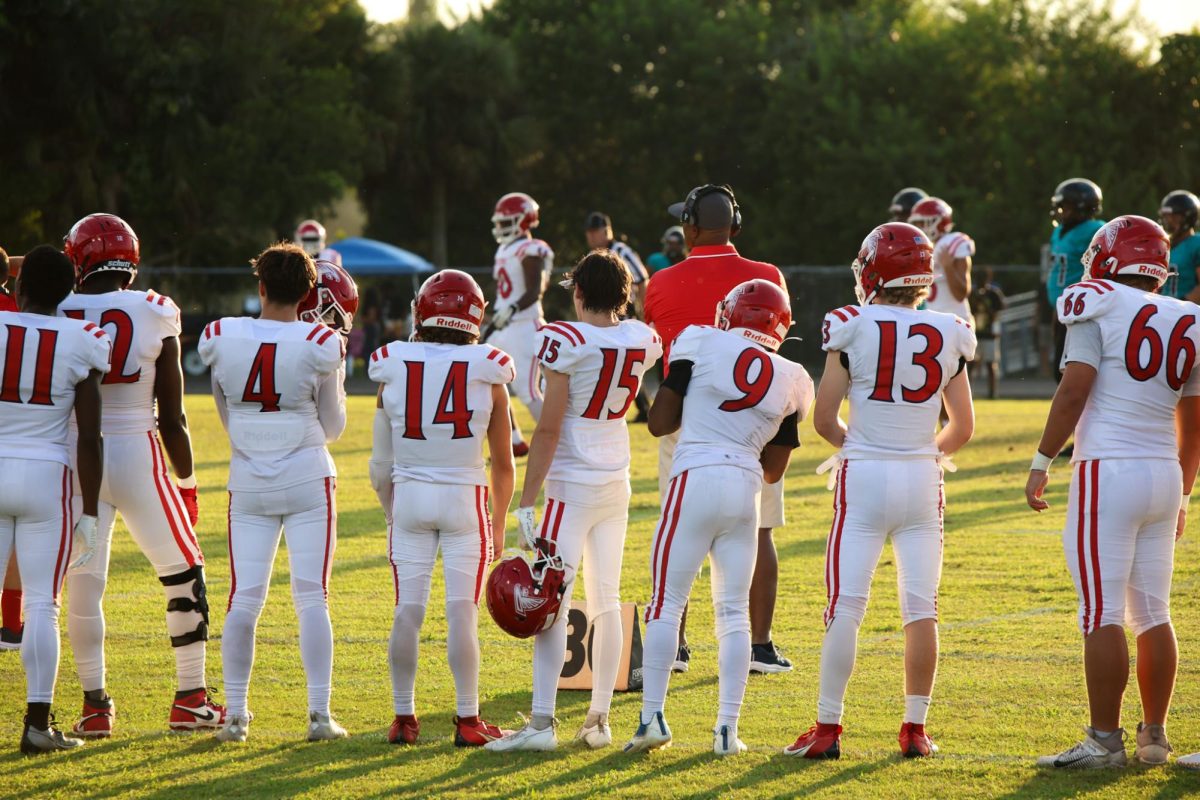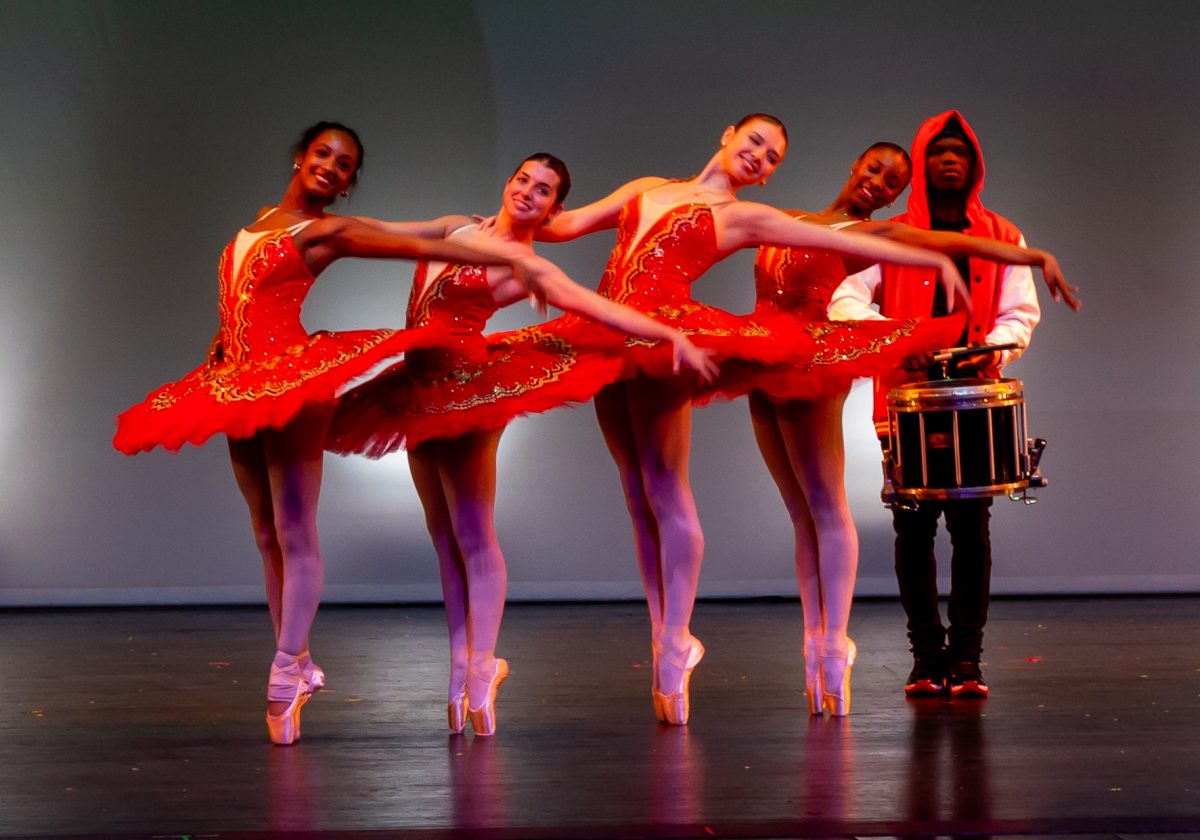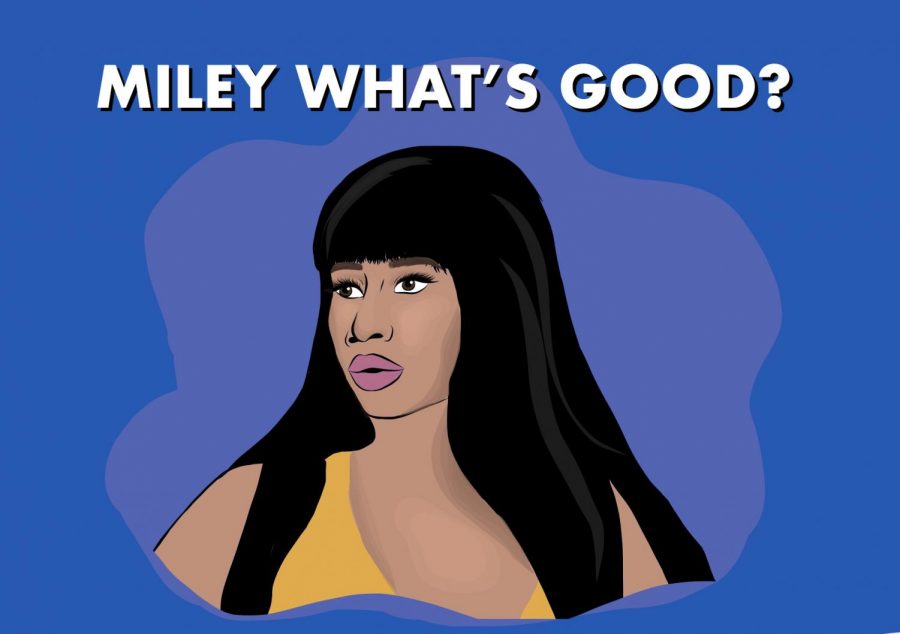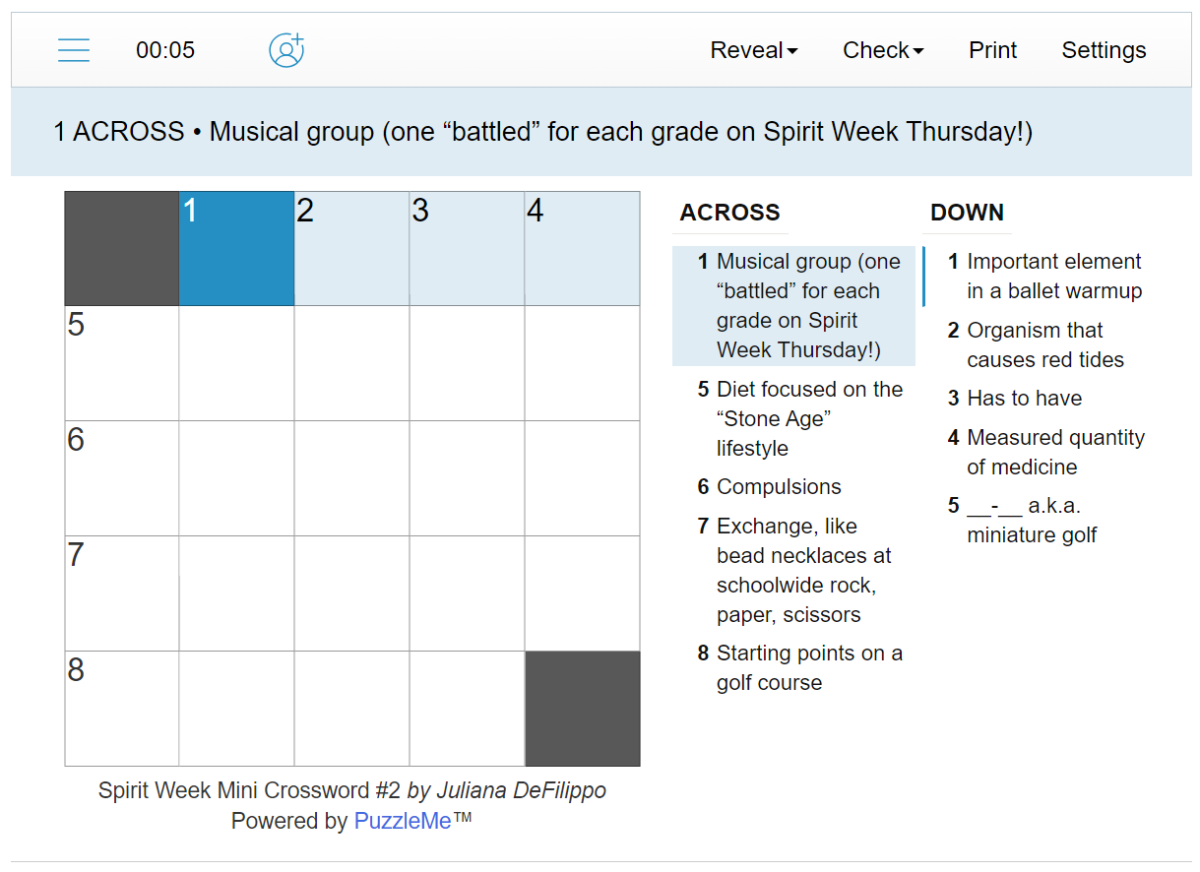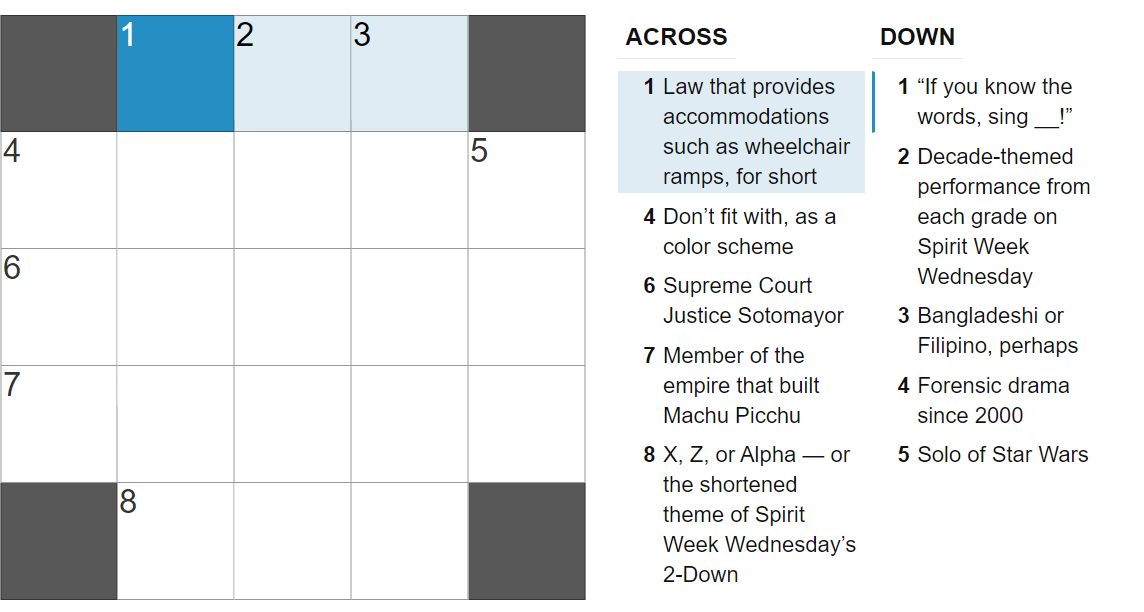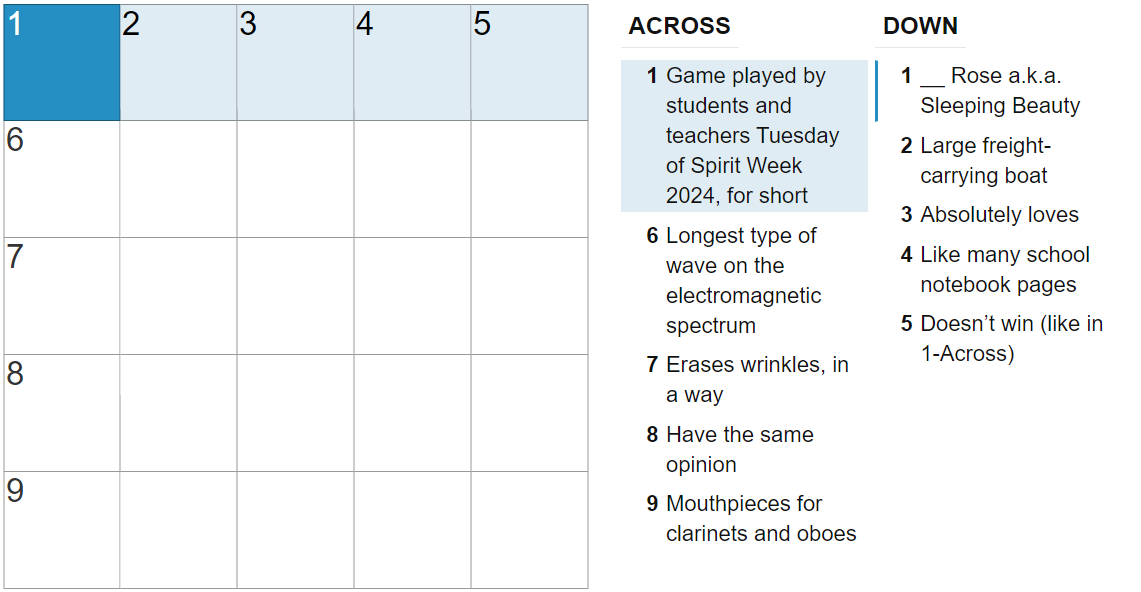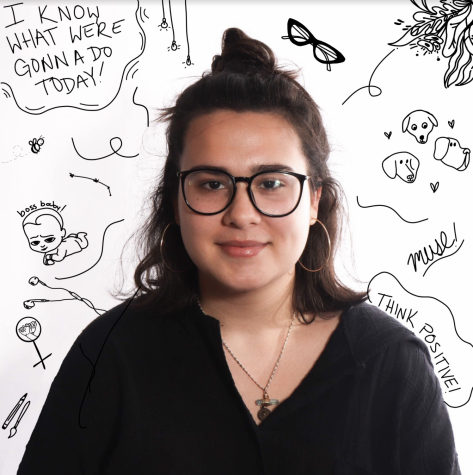Shortly after Kendall and Kylie Jenner released an expansion to their clothing line, the internet flocked to their phones to call them both “culture vultures.” Since then, the Jenners have been deemed “problematic favorites.” While they may or may not be your personal cup of tea, people still watch “Keeping up with the Kardashians” and “Life of Kylie” and buy their products, which perfectly exemplifies them as problematic favorites.
The idea basic idea of this term is that the celebrity has done something that is considered controversial or downright terrible, but people still like them. More specifically, it relates to people that an individual personally likes or is a fan of.
The reason why this is relevant in the entertainment industry is because there are a great deal of celebrities who fall under this category. Of course, it is to be expected for celebrities to slip up from time to time. Everyone is human after all, and it doesn’t help that celebrities are held to higher standards of being role models due to constantly being in the public eye. However, this doesn’t deem their actions excusable. Considering how severe the initial situation was and how they respond afterwards is what can be a deciding factor for those who aren’t sure if they should still be a fan of a particular celebrity.
Some scenarios that are deemed problematic are simple slip ups due to not being aware of what is the right thing to do in the situation; the intentions could have been good to begin with, but the message was not kindly received. For example, Pepsi’s commercial depicting Kendall Jenner as a face for a protest probably seemed harmless when it was initially produced. After it was released, there was immediate backlash due to it making light of social justice by portraying that these deeper rooted issues could be solved with a Pepsi soda. Eventually, Pepsi had to pull the advertisement all together. The entire scenario became a joke later, spiraling into memes and other internet spoofs.
A bigger section of what is considered problematic widely has to do with cultural appropriation. Cultural appropriation has gained an increasing amount of attention causing it to become a greater issue. In case you didn’t catch the Lifestyle story, “Appropriation or Appreciation” in Volume 14 Issue 4 of The Muse, cultural appropriation is, according to Oxford Reference, “the taking over of creative or artistic forms, themes, or practices by one cultural group from another.” Celebrities like Miley Cyrus, Vanessa Hudgens, and a handful of others, have engaged in cultural appropriation. Miley Cyrus has received the most criticism, often being accused by the public of using black culture as a means to sell and brand her music, and abandoned it once she no longer considered it to be popular. She also had worn blonde dreadlocks as she hosted the MTV VMAs, which sparked controversies for more than just one reason.
Problematic favorites can be even more severe, down to blatant racism, misogyny, abuse, homophobia, transphobia, and just about anything else you could think of. Situations as severe as cultural appropriation are often rare because the person will often lose their notoriety after the scenario, and you might not be a fan of them afterwards.
Just because a celebrity might be problematic, doesn’t mean you shouldn’t be a fan of them anymore. Holding your favorite celebrities accountable is crucial to making sure there are less controversial people in the world. Social media has been gaining power in raising awareness and activism. Using this to voice your opinion about a certain celebrity’s actions and educating them about why it is wrong will help curb this phenomena. It is important that if a celebrity does mess up, that they apologize and take the right actions that are sincere.






![[BRIEF] The Muse recognized as NSPA Online Pacemaker Finalist](https://www.themuseatdreyfoos.com/wp-content/uploads/2025/03/IMG_2942.jpeg)



















